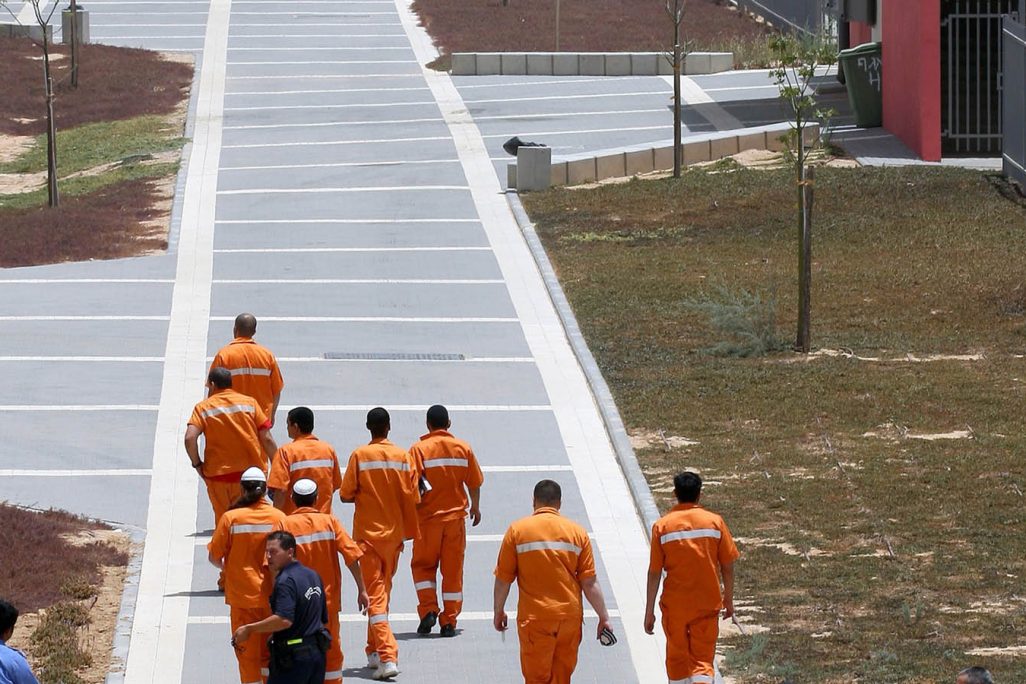
The up coming Yom Kippur, the holiest day in the Jewish calendar, made us think of the sinners of society today. We went to speak to the people serving time in Maasiyahu prison in Israel, wanting to better understand the process of "Tshuva", repentance, which can take place inside the prison walls.
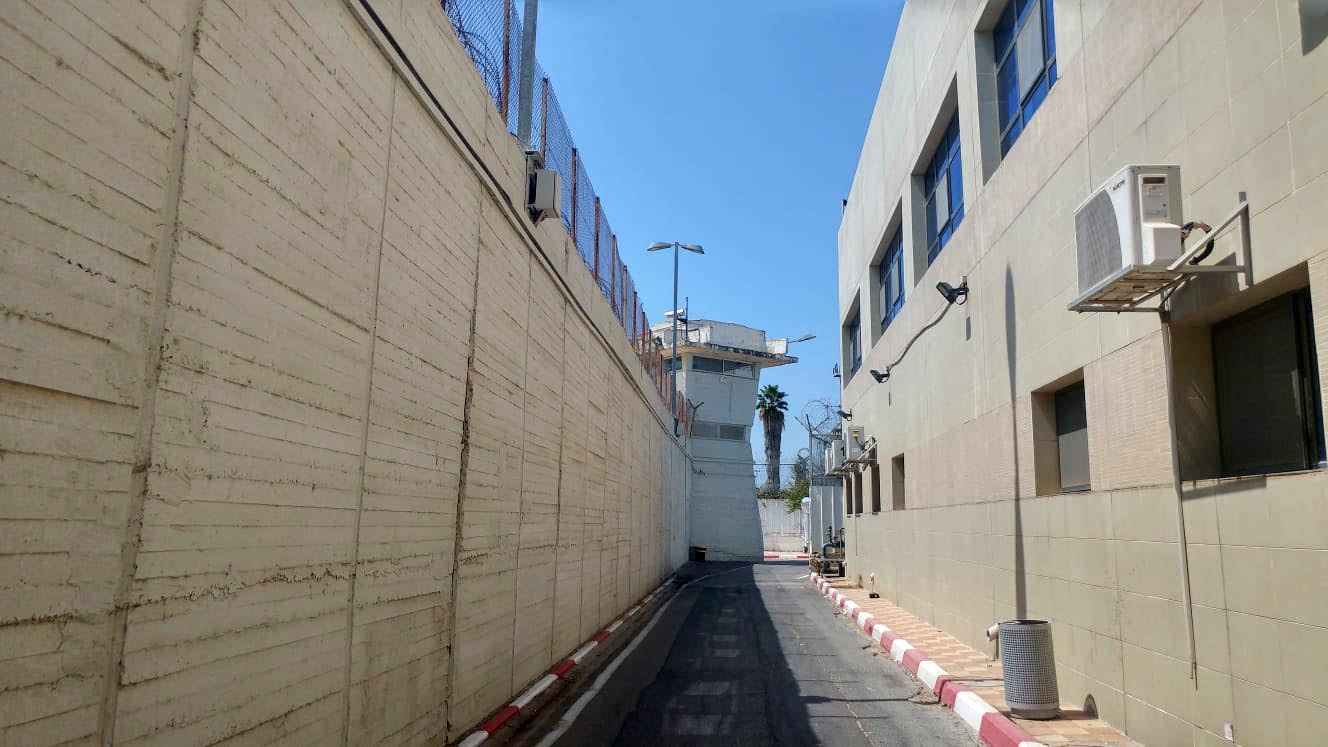
The Yom Kippur prayers include a small prayer of admission, which is the beginning of a process of change and rehabilitation. Sins appear in the plural and the congregation stands together – the righteous with the wicked – with the sins upon all of us, not only those who actually committed them:
Ashamnu – we have trespassed; Bagadnu – we have dealt treacherously; Gazalnu – we have robbed; Dibarnu dofi – we have spoken slander; He’evinu – we have acted perversely; V’hirshanu – we have done wrong; Zadnu – we have acted presumptuously; Hamasnu – we have done violence; Tafalnu sheker – we have practiced deceit; Yaatsnu ra – we have counseled evil; Kizavnu – we have spoken falsehoods; Latsnu – we have scoffed; Maradnu – we have revolted; Niatsnu – we have blasphemed; Sararnu – we have rebelled; Avinu – we have committed iniquity; Pashanu – we have transgressed; Tsararnu – we have oppressed; Kishinu oref – we have been stiffnecked; Rashanu – we have acted wickedly; Shichatnu – we have dealt corruptly; Tiavnu – we have committed abomination; Tainu – we have gone astray; Titanu – we have led others astray.
Perhaps here we have a key to a more complex understanding of crimes and criminals. The criminal has final responsibility, but society still bears some of it, sometimes even a part of its reasoning. The criminal must complete the punishment for bad deeds, but other people – "normative people" as the Israeli Police like to call them –must at least ask themselves how they – we –are also connected to the deed. In this light, we ask you to enter inside the prison walls and meet the people on their path towards rehabilitation into normative society.
This struggle makes us better people
"I think that human nature is bad to begin with," says A., one of the prisoners in Maasiyahu Prison. "Doing bad things is easy. It's easy to sleep with a married woman, it's easy not to study for a test and cheat instead. But I think that good things are things that you have to work hard on and invest yourself in, and they don't come easy. And that's why when you get here it's a much better place. In my opinion, unfortunately, our inclinations are first of all bad. And that's where the struggle starts, and we need to fight every single day. This struggle makes us grow. This struggle makes us better people."
A. was convicted of arms trafficking – a lot of them. He was also convicted of assault, coercion, shooting in a residential area, money laundering, and carrying and manufacturing weapons. He carried out these crimes when he was a minor, and so, although he was tried as an adult, his age was taken into account. Over the past year A. has taken part in one of the many treatment programs offered in Israeli prisons.
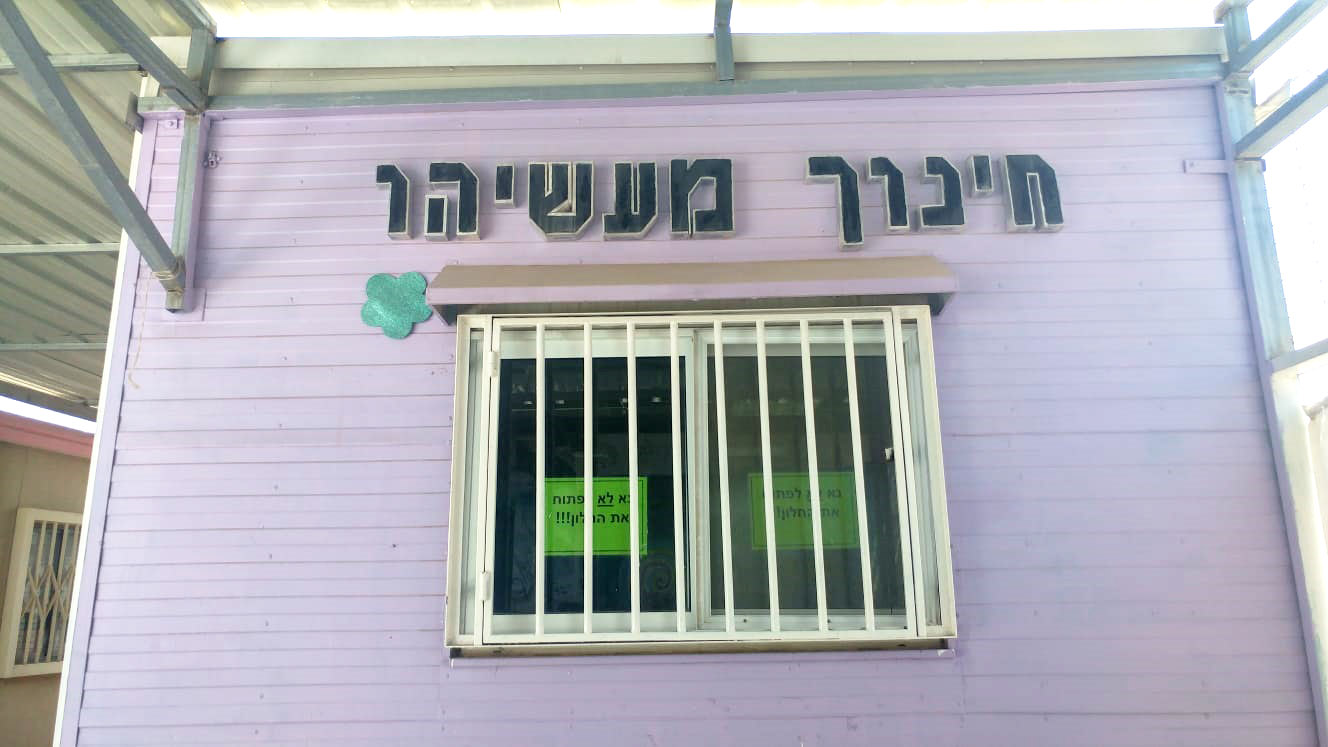
In Israel, a pioneering new approach that focuses on convict rehabilitation is being tested. Israel has 10,500 inmates currently serving time in prison. They range from petty thieves to drug dealers, murderers and sex offenders. Most of us don't think about them very often. At best we feel satisfied to learn that people who have committed appalling crimes will "rot in jail." We usually don't spare a minute of thought to the fact that in a year, in five years or in ten years, the criminal who carried out appalling crimes will be released. He will eventually be released from prison, live near us and walk among us on the street. Is there a way for such a person to be rehabilitated, and undergo a process that will prevent him from committing another crime?
Israel is joining the growing trend of prison rehabilitation strategy. Even in the United States, home to approximately 20 percent of the global prison population, authorities are rethinking the historically punitive measures against convicts. In 2015, the Obama administration made a groundbreaking decision to allow inmates access to higher education. This is widely regarded as one of the causes of reduction in re-incarceration rates in the United States.
A research paper published by RAND Corporation found that "prisoners who had taken classes in prison had a 13 percent lower rate of re-incarceration than those who had not." They also found higher rates of post-release employment among those who had participated in education in prison. These outcomes resulted in major cost savings to the state, the authors concluded: "for every dollar spent on correctional education, the state got $5 back in reduced spending on corrections."
"There's always an alternative"
5,000 inmates, almost 50 percent of the criminal inmates in Israeli prisons, take part in the various therapeutic groups which operate in different prisons. 1,500 additional inmates take part in various academic programs. There's a broad and diverse range of therapeutic activities, including therapy for domestic violence, aggression control therapy, alcohol rehabilitation, drug rehabilitation, treatment for methadone users, treatment for dual pathologies, treatment for attention disorders, treatment for traffic offenders, a special department for first-time inmates and more.
The prison education departments allow inmates to make up studies they have missed, up to the equivalent of 8, 10 or 12 years of school. They are also allowed to complete a partial or complete matriculation certificate. When they are released, their certificate does not state that it was completed while incarcerated, but rather that it was issued by the adult education department of the Ministry of Education. This allows former prisoners to present their certificate to potential employers while avoiding stigmas usually attached to former convicts. Contrary to popular belief, prisoners may also begin studying for a degree through the Open University while in prison, but don't receive funding from the Ministry of Education.
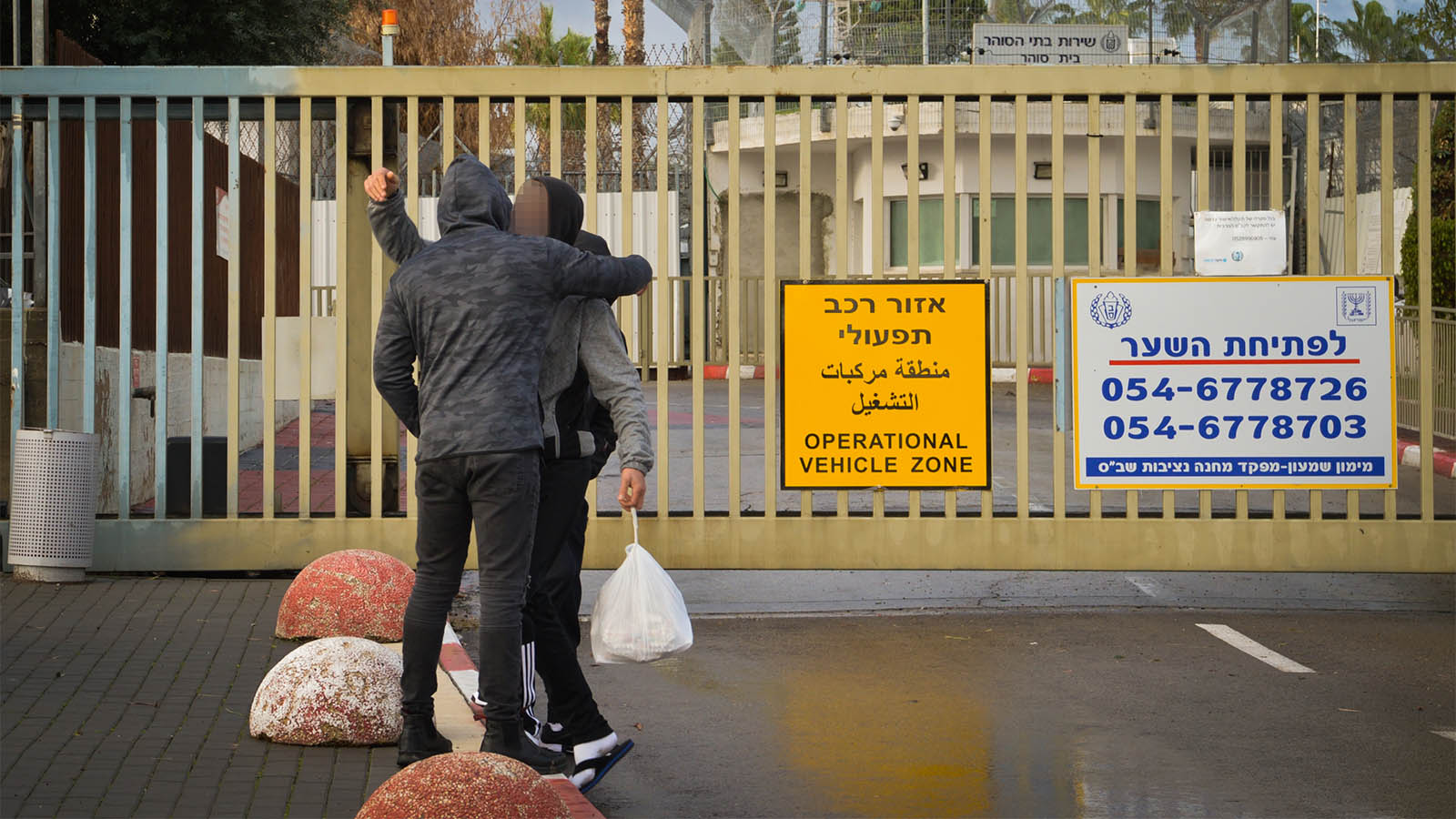
From the first moment that we meet A., he treats us and the prison staff with exemplary politeness. He's all charisma and grace until we ask what offense he committed and for which he was sentenced to prison. A. doesn't say what he did, but what others alleged that he did. This is the whay he see things, even after he was convicted and entered a rehabilitation process in prison.
"I was tried for a few things, it was a big case. The undercover investigations began when I was 16. They claimed that I was selling weapons. At 18 I was arrested, there was a big raid, they seized 500 pistols, rifles, and 50,000 rounds of ammo," A. says.
He dropped out of school when he was in 8th or 9th grade. Crime was the next step. By the age of 14 he left home.
"I went back at age 18 only because of a case in which I was put under house arrest and I had to go back to my parents. I stayed with my parents for about another year and a half, and then I was arrested."
You have to give them a chance
L., age 33, has been in Maasiyahu for about a year. He was sentenced to 42 months in prison for growing marijuana, and is serving his second sentence in prison. For him, the major turning point in his life in prison was the opportunity he was given to study.
"I came to Maasiyahu in February. I was put in a class for making up 12 years of study in the education department. I came in with a lot of resistance to education. I didn't want to study, I didn't want to be in class. The only thing I cared about was the treatment I needed to undergo here, and my family waiting for me on the outside – my wife and three kids. It was hard for me at the beginning." L. explains. "I got a lot of support and encouragement and had many conversations with the staff here; there are amazing women who work here who helped me integrate in this framework called studying, which I didn't know on the outside. I didn't even finish 8 years of school on the outside. Slowly, they gave me my space here, and day by day I felt and understood that learning is one of the most important things I can do."
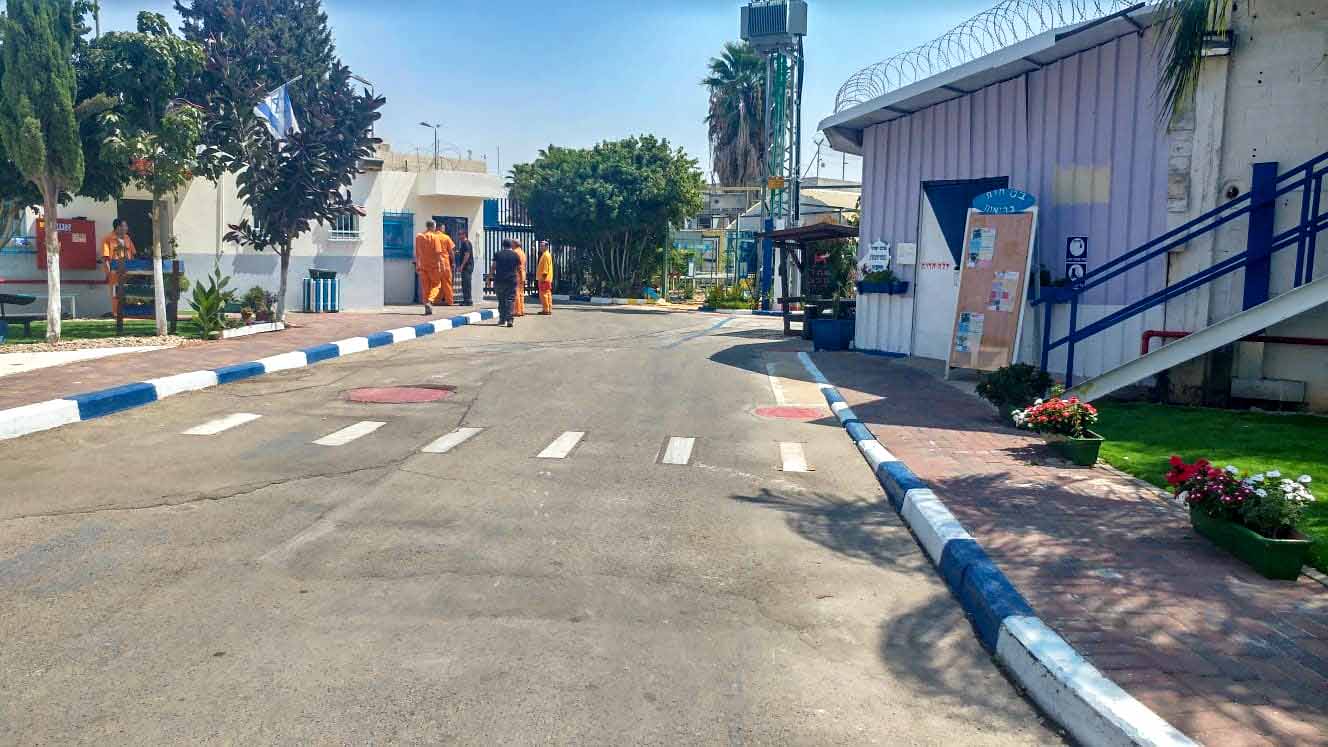
Our readers might be asking themselves – why should the government give a person who committed crimes the chance to finish their studies? Why help them? L. has a clear answer.
"I think that no matter what, a person is a person. Made a mistake, didn't make a mistake – you have to give them a chance. Of course what I did was a mistake. I got myself into a bad financial situation. I was just about to get married. My wife got pregnant. I started it before the wedding. Our daughter was born, and when she was five months old I was arrested. What I did was more about my financial situation. If I could go back and decide in hindsight it wouldn't happen, but we're all smarter in hindsight. I think that we also deserve the chance to make up for past mistakes. To see things differently. For now, thank God, I'm managing to do so and I intend to continue in this manner by studying. I want to finish this course, and study at the Open University, so while in jail I can get professional training that will give me a profession."
My rehabilitation, the whole idea that it's possible to change and I need to change, for me it started with the attention disorder treatment group
In Maasiyahu there are two wings of inmates who are defined as requiring constant supervision. The first is elderly inmates, and the second is inmates dealing with serious mental health issues. Inmates who are found suitable for this role are defined as support figures, and are chosen to live with the supervisees. They are paid and trained and they accompany the supervisees throughout the day. L. was chosen as a support figure, an expression of the trust that the prison staff has in him not to use this power inappropriately.
"It's a very difficult role," says L. "There are nights where you don't sleep at all. I'm with the psychiatric supervisees. People with suicidal tendencies, who are not well. They don't know where they are, sometimes you need to help them get their balance, give them support, conversations. There are some who also have no help from the outside. We help them with everything, whatever we can. We also get very tough cases. Inmates who need to be supervised very closely.”
A society where an 8 year-old has a gun
Understanding your mistakes takes time. A. tells us: "I had a few turning points. When I was 8 I was caught for the first time with a gun, in the neighborhood. A police officer caught me, but fortunately he was a friend of my family. My mom worked at the municipality in child services, so any complaint that came in about children went through her and she decided what steps to take. It worked out that they helped me take care of this as a kid."
"The gun was stolen from someone's house. Stolen and found in my backpack. And that's about the age when I started to get more into this stuff. Because they caught me I had to act like a good boy for a long time, not get into trouble, not do anything, but I'm a good actor so I managed to play the part. The most significant point in my life was leaving home at age 14."
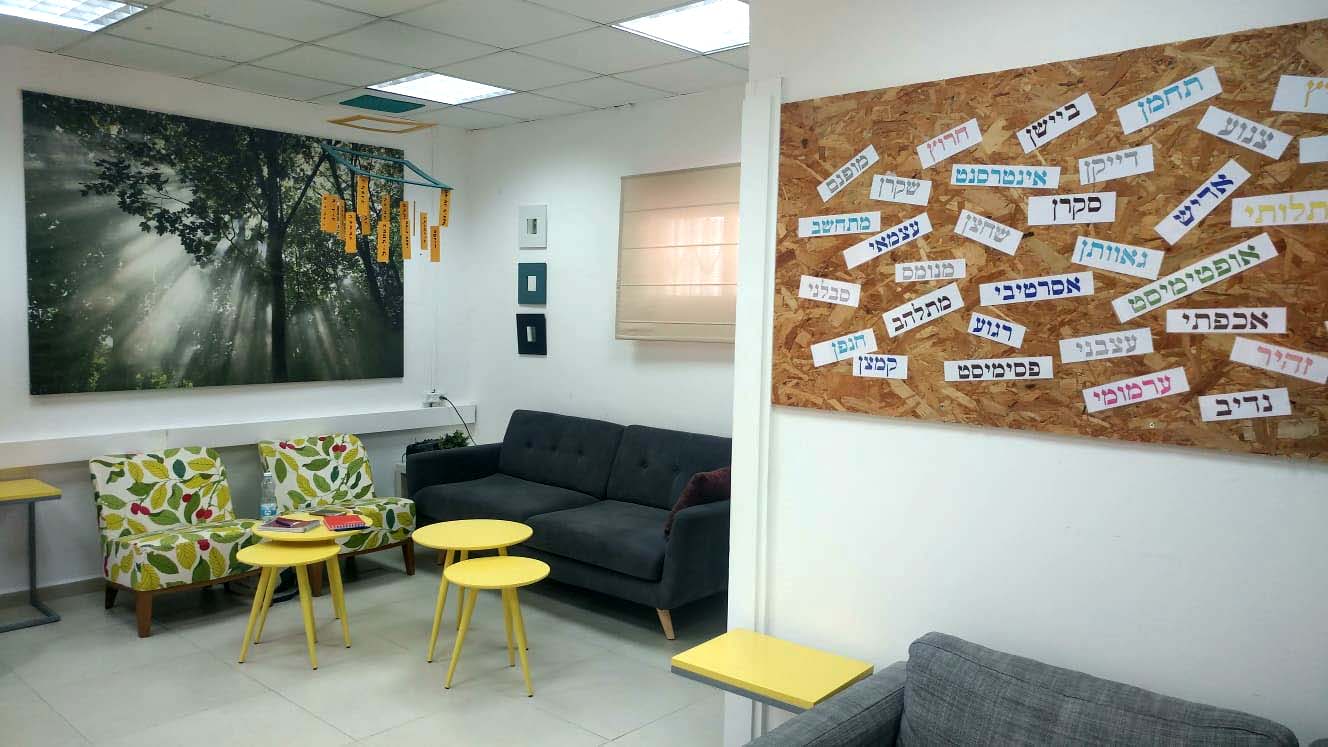
A. is in the violent unit of the jail, and is considering moving to a special therapeutic unit. Moving to this unit will help him later on, when he goes before the parole board and requests to reduce his time by one-third, for reasons including participation in therapeutic processes. A. is aware of this interest and mentions it several times during the conversation. Until now A. took part in the attention disorder treatment programs in the prison's education department.
"My rehabilitation, the whole idea that it's possible to change and I need to change, for me it started with the attention disorder treatment group. This program is the best thing that happened to me. One of the things that helped me forget that I'm in prison, every day. Outside I went through a phase, especially after age 14, where I was more introverted. I didn't want company or to speak to people too much. I had many friends and there were many people around me, but the type of people and the type of things we were dealing with make you more circumspect, so you care less and you don't speak about feelings. That's what I was like in prison too," A. says.
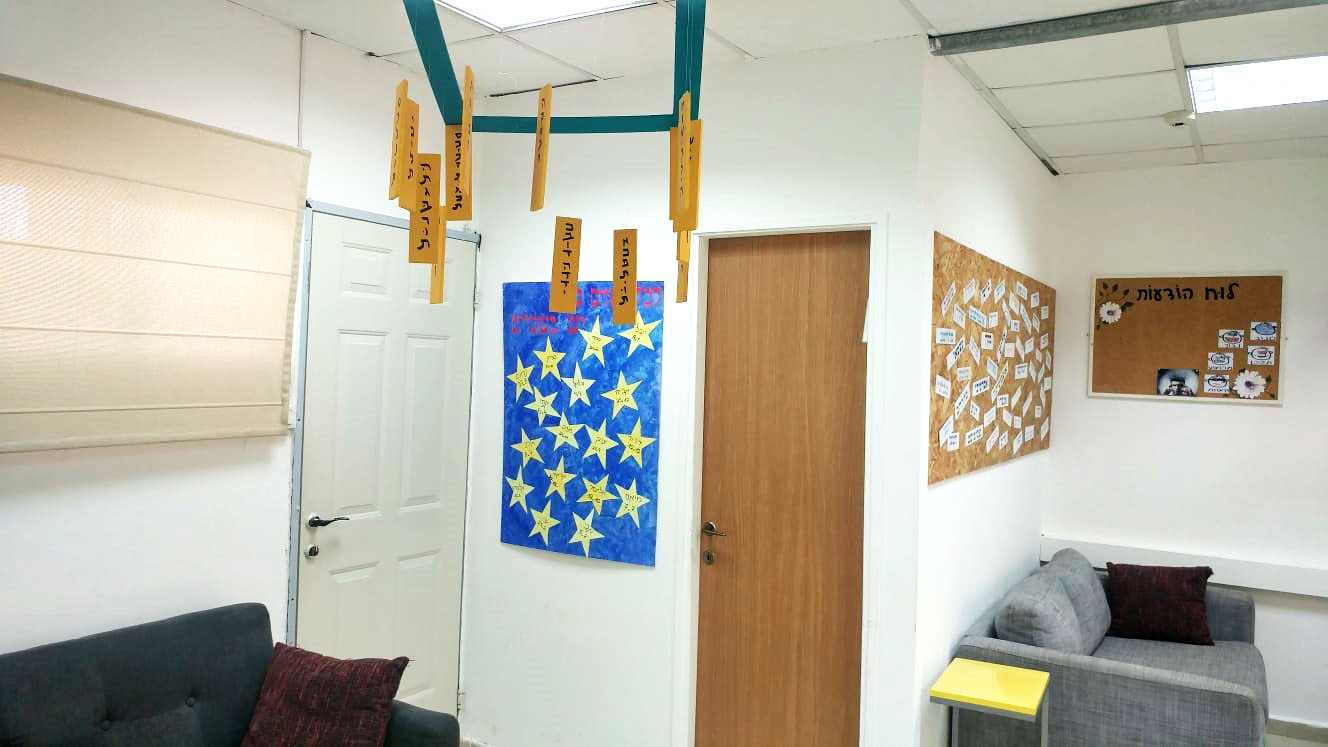
"Before the attention deficit disorder program, I had some problems, fights with the wardens, fights with the prisoners. I acted on the inside the way I acted on the outside, I caused the same kind of trouble I knew how to cause. Since I entered the program, I don't know, something changed. Something there just got me, and since then I've become a different person." A. describes he's first steps to "Tshuva".
"I got into the whole rehabilitation thing not just to make a show of getting a third of my time reduced, but because I actually wanted to change my life. Suddenly I had this desire to change something. Until then I didn't have this desire to change, I thought that I'm fine like I am and that's how I should be. And aside from the tools that it gave me for how I can change, the best thing it gave me was the desire to change."
We tried to understand why is this therapy so meaningful. A. talks about a total change of attitude.
"Something in the vibe of what they do here gives me a different feeling towards all the officers and the management and staff. From a real hatred that I grew up with, I suddenly understood that maybe there's actually people here who want something good for me, and the collisions between us are maybe, actually, because I'm taking the wrong path. Not a path that's not good for them, a path that's not good for me. I always looked at it like there's good guys and bad guys – we're the good guys and they're the bad guys. They're the system, the Prison Service, the cops, the government. Schools. Institutions. I had a big problem with institutions."
To summon strength
Only when we ask A. if he intends to be released and live a different life do we understand how long, complex and difficult the rehabilitative process is. How it may be that A. is still just beginning the process. We ask A. whether he's changed.
"I experienced change, but I didn't change. I know that the easiest thing for me to do today would be to go and commit a crime. It's easy, it's fun, it's the kind of money you can make in this way and not in other ways. So I don't know if I've changed, because it's still the easiest thing for me to do. But I've changed my instincts, I changed my wishes, I changed my understanding of what's right and wrong. Today I know that it's what's easy, but it's not what's good for me."
"I certainly did things that I as a person shouldn't have done. But when I look at it on the most basic level, I never had a childhood. My whole childhood was crime. I am sorry first of all because I know that I hurt myself long before I hurt other people. I can say that what I did, I could never imagine doing again. I did bad things that shouldn't have been done, but they were done, so today I think I need to focus on how to repair myself. Of course I'm sorry and I regret my actions, but it can't be helped, they happened. Now I need to know how to repair. First of all how to repair myself, my soul, and also how to repair my presence in the world, to make things better in place of all the bad I did.”
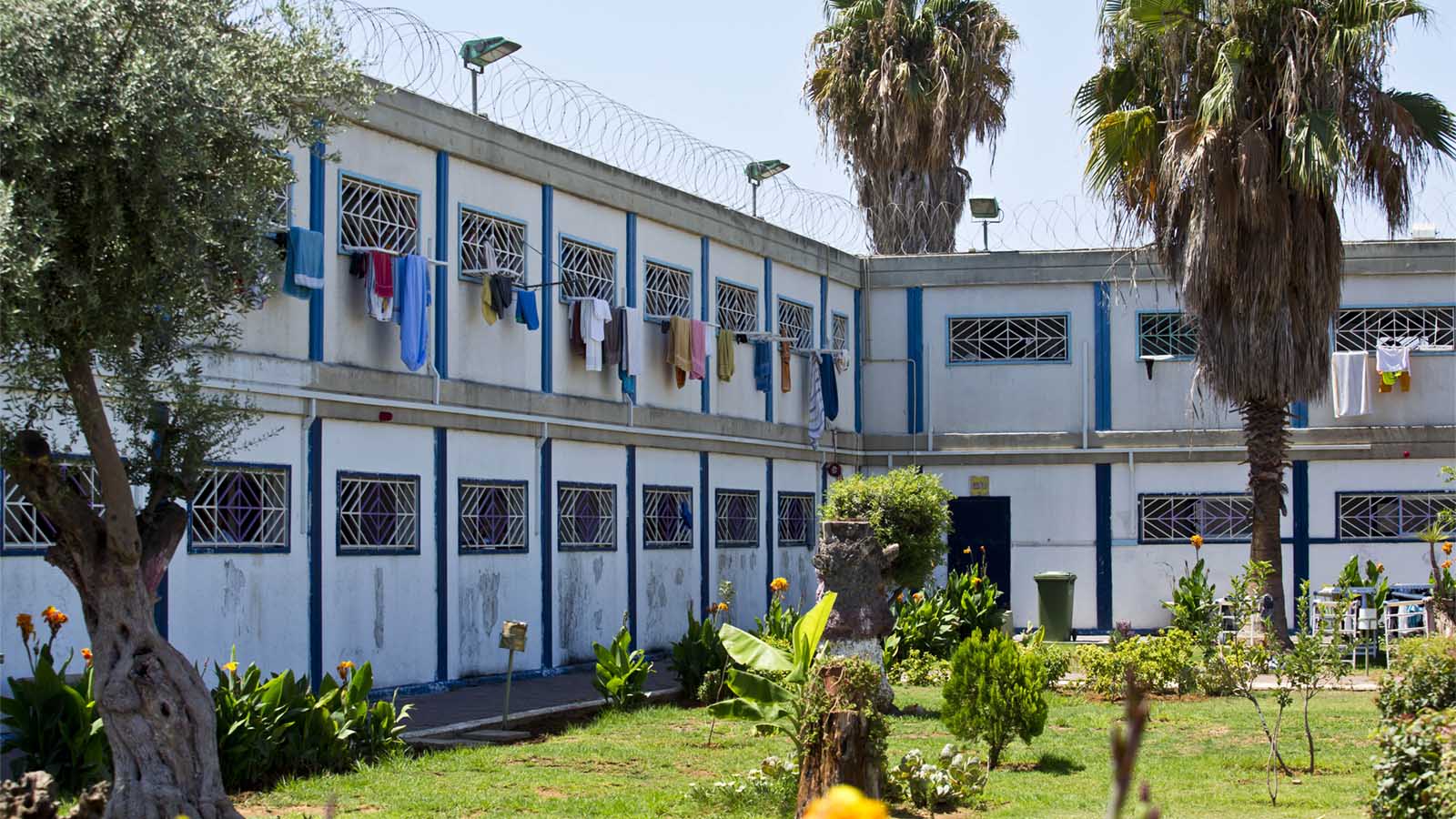
In spite of this regret, when we ask A. whether society should forgive him for his actions, we are suddenly reminded of the admission prayer of Yom Kippur. It seems like the understanding that selling weapons to criminals directly harms society has not sunk in.
"I'm not looking for anyone to forgive me. I can say, even if it sounds bad, that everyone I harmed deserved to be harmed. Even if I'm sorry for what I did, I'm not looking for those people to forgive me. I am looking for my forgiveness for myself, for my family's forgiveness for hurting them, my little brothers, who I hurt every day. I don't need forgiveness from anyone else. Should society forgive me? I don't think it's society's right to forgive me. What are you going to forgive me for? I don't think that I harmed you."
A. goes further. "I think that the people who I harmed personally, those are the people whose forgiveness I will seek. But I am not looking for society's forgiveness. I think that with all due respect, taking into account the fact that society is made up of many individuals, I think that society as a whole harmed me more."






